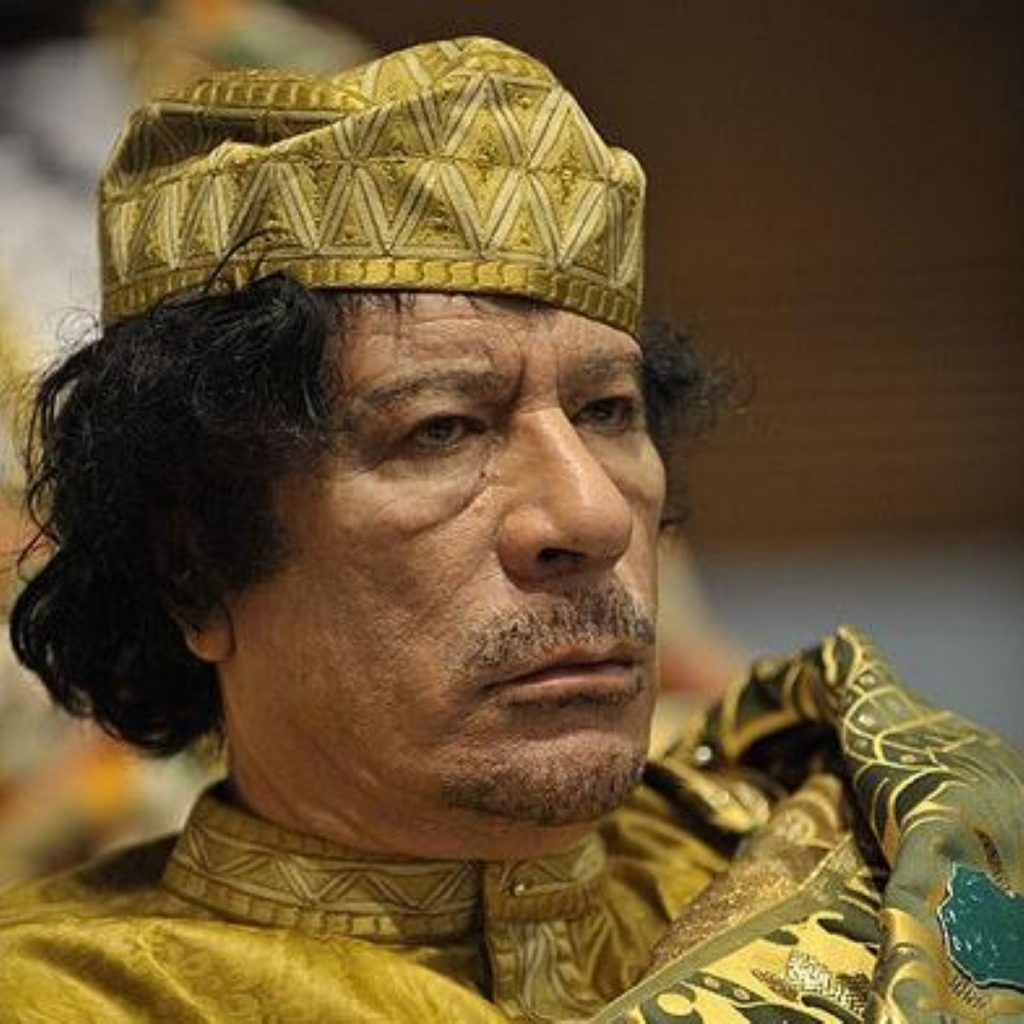Libya hopes focus on secret talks
Setbacks for Libyan rebels mean hopes for a swift solution are focusing on secret talks in London.
An envoy of Muammar Gaddafi’s regime has been in the UK, leading to speculation that negotiations may be underway for a swift exit.
Mohammad Ismail, a close aide to Colonel Gaddafi’s son Saif al-Islam, has been in London for several days, the BBC reported.


The Foreign Office said Britain’s stance in any such talks has been that Col Gaddafi must go.
The development comes hot on the heels of the defection of Libyan foreign minister Musa Kusa, who flew to Farnborough airport from Tunisia on Wednesday night. Tripoli said he had taken “sick leave”.
UK officials are now hoping further similar detections could follow, despite foreign secretary William Hague making clear that Mr Kusa will not receive immunity from prosecution by the international criminal court.
A quick implosion of Col Gaddafi’s regime now appears the most likely way of ending the international community’s hastily agreed intervention in Libya.
After advancing as far west as Col Gaddafi’s hometown of Sirte last weekend, rebel forces have been driven back to Brega, with Ajdabiya – the last town on the road to Benghazi – now under threat.
Rebels offered a ceasefire on the condition that Col Gaddafi’s forces withdraw from the cities – including Misrata, where loyalists have been on the offensive.
Tanks and artillery saw them push into the city on Friday, the Reuters news agency reported, sparking concerns about the safety of civilians there.
The emerging stalemate could tempt Britain, France and the US to reinterpret UN security council resolution 1973, which commits to maintaining an arms embargo against both sides.
Earlier this week US president Barack Obama signalled for the first time he was prepared to consider assisting those fighting against Col Gaddafi.
The Campaign Against Arms Trade organisation said in a statement: “There is no guarantee that arms reaching rebel forces would be used to protect civilians (the intention of Resolution 1973) and it is very likely that they would make the situation of civilians more perilous, especially if government forces reoccupied rebel-held territory or rebel forces occupied government territory.”









